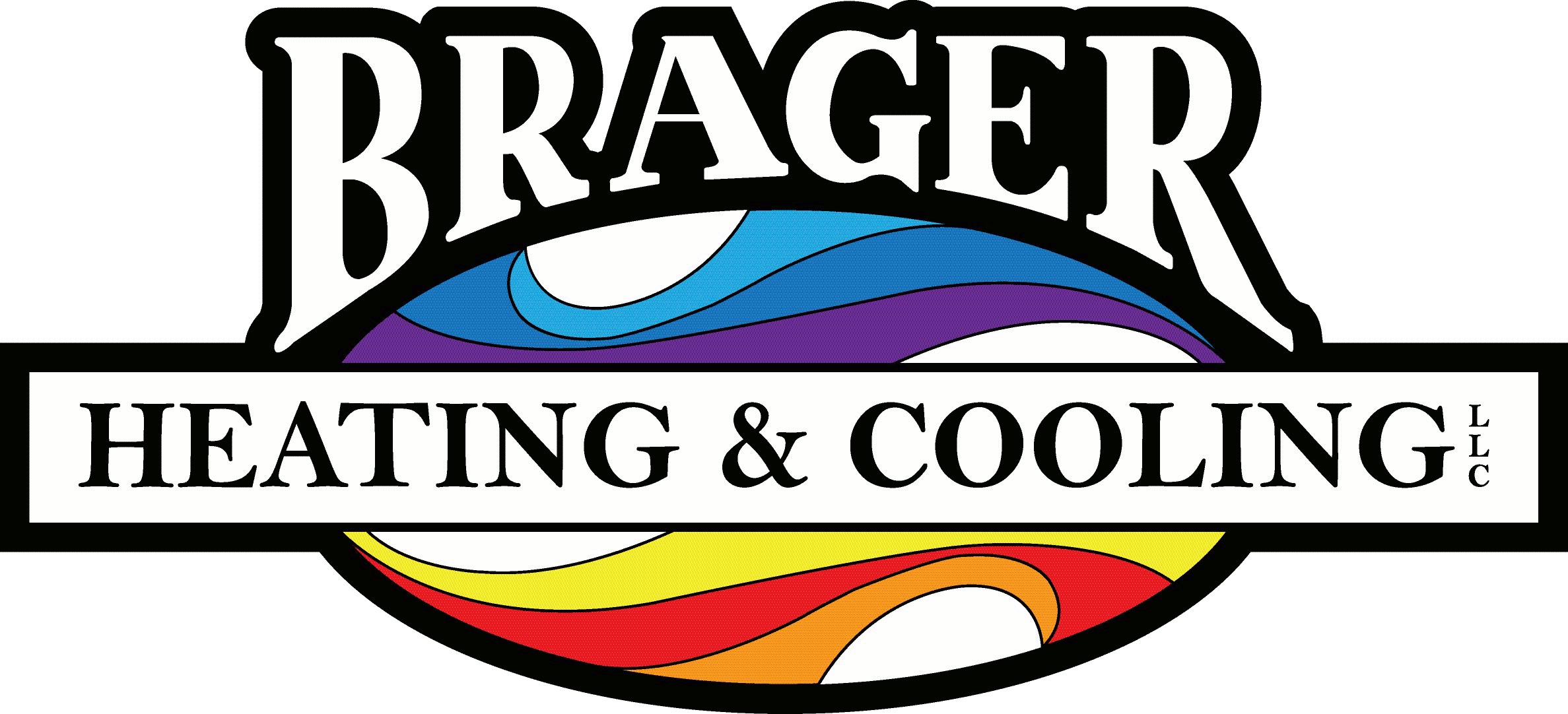
If you’re questioning whether your Mount Horeb residence has bad indoor air quality (IAQ), it likely does.
We are indoors a lot. As a matter of fact, we’re indoors up to 90% of the time, according to the U.S. Environmental Protection Agency. And the air inside homes could be 2–5 times more polluted than outdoors, which could create long-term health issues.
Most Common Causes of Bad IAQ
We’ve put together a list of the most common sources of inferior IAQ, the issues they cause and how you can take care of these indoor air pollutants. If you’re worried about the air inside your residence, we advise chatting with a pro like JW Brager Heating and Cooling about which solutions are a good fit for your family.
Volatile Organic Compounds
Volatile organic compounds, or VOCs, are chemicals emitted from common household items.
They’re found in paint and stains in addition to:
- Furniture
- Carpet
- Building materials
- Cleaning products
- Cosmetics
- Air fresheners
- Candles
When these fumes accumulate in your home, they might irritate your eyes, nose and throat. They might also cause headaches and nausea. Regardless of whether your home is in a rural or industrial location, an EPA study found indoor levels of these pollutants can be 2–5 times greater than the air outdoors.
Always follow the manufacturer’s directions when using paint or cleaning supplies. Unlatching a window can help odors disperse faster.
Air purification systems can also better your air. This system partners with your heating and cooling unit to improve indoor air. When seeking one, ensure it’s specifically designed to eradicate VOCs.
Dust and Pet Dander
Dust and pet dander can aggravate health problems like asthma and allergies, especially when it constantly gets redistributed by your home’s comfort equipment. While you can vacuum more frequently and install an improved air filter, an air filtration system could be a better match.
This solution hooks to your heating and cooling equipment to deliver strong filtration. Some kinds have hospital-level filtration for removing particles and bioaerosols.
Lasting Odors
Modern houses are tightly sealed to enhance energy efficiency. While this is fantastic for your energy bill, it’s not ideal for your IAQ.
Stuffy odors can stick around for a greater amount of time as your home is pulling in a smaller amount of fresh air. As keeping your windows open all the time isn’t doable, here are two approaches you can make your indoor air smell better.
An air purification system is placed in your ducts to wipe out odors before they get released again. Find one with a carbon filter and the power to break down harmful VOCs. These systems can also help keep your loved ones healthy by wiping out most bacteria and common allergy triggers like pollen and mold spores.
A ventilation system removes stale indoor air and replaces it with clean outdoor air. There are two types of systems (heat recovery and energy recovery), so check with our professionals for more details on which kind is ideal for your house.
Unbalanced Humidity
It’s essential your house’s humidity stays even. Air that’s too moist can create mold, while dry air can create respiratory troubles.
Our experts suggest 40–50% for ideal comfort. To keep yours steady, consider getting a whole-home humidifier or whole-home dehumidifier with your comfort equipment.
In place of having to drag a humidifier from room to room, this product delivers even humidity throughout your house.
Carbon Monoxide
Carbon monoxide is colorless gas you can’t smell. It’s a byproduct of insufficient combustion in fuel-burning equipment, like gas heating systems, water heaters or fireplaces.
It produces a serious health risk. In low levels, it can create flu-like symptoms like headaches and nausea. It may be lethal in large concentrations.
We suggest yearly furnace maintenance to ensure your unit is working like it should. This work allows our technicians to see problems before they begin, including malfunctions that can create carbon monoxide leaks.
The best method to keep your home free of carbon monoxide is to install detectors. These alarms need to be on each floor near bedrooms and living rooms.
Enhance Your House’s Air Quality with the JW Brager Heating and Cooling Experts
Informed that your house has inferior air quality but not sure how to enhance it? Or unsure which product is right for you? Give our approachable HVAC experts a call at 608-447-0555 or contact us online now. With free estimates and professional service, we’ll help you locate the right solution for your family and budget.
